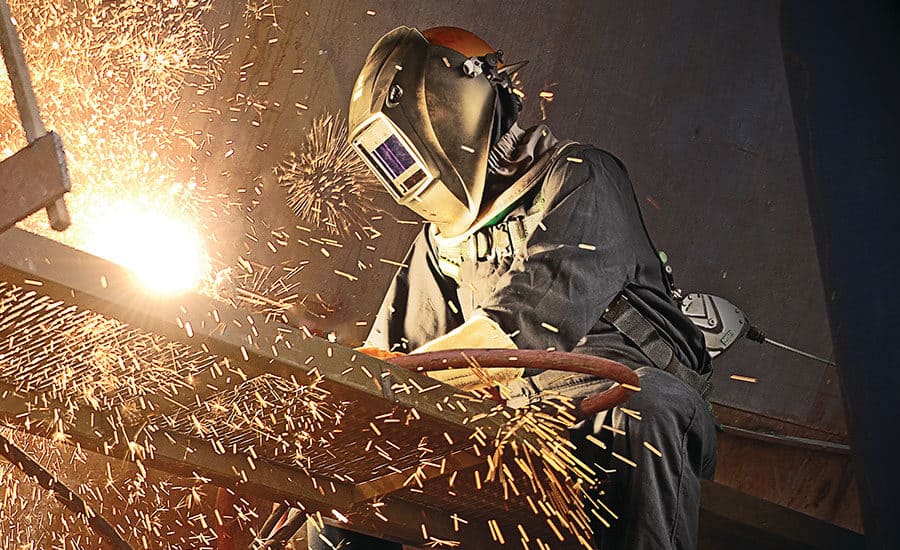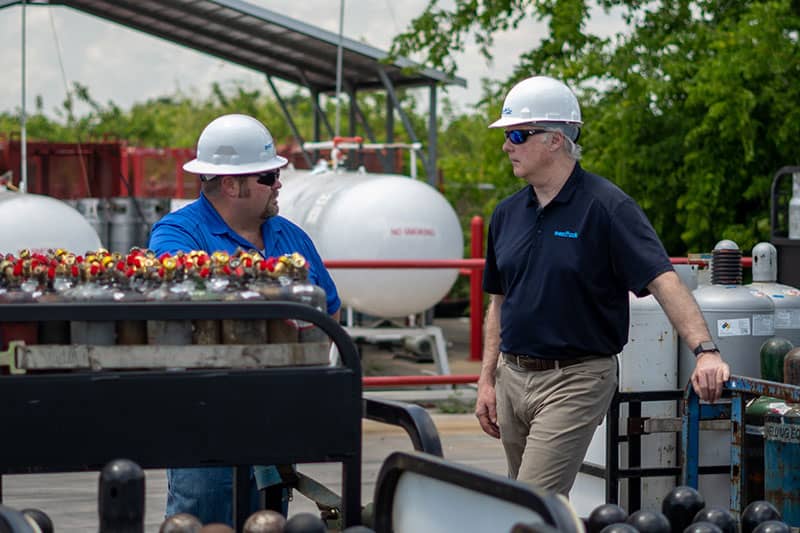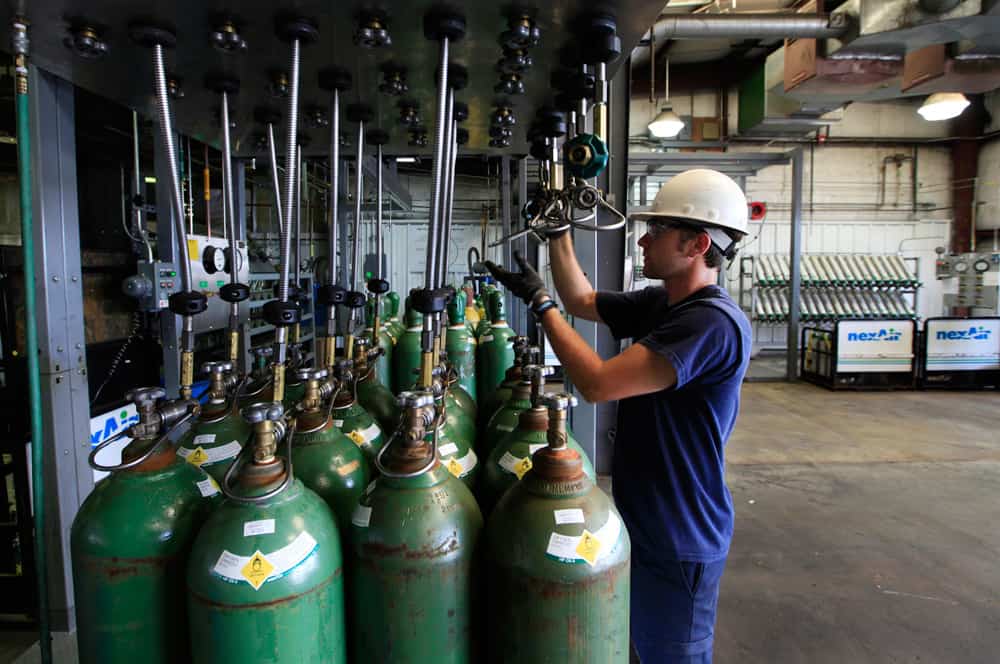From Hobby to Professional: How nexAir Supports Welders with Gases and Equipment
The jump from weekend garage projects to earning a living with a welding torch represents more than just a career change. It’s a complete shift in expectations, standards, and the stakes involved with every bead you lay down. Hobby welders can get away with inconsistent results and learning through trial and error, but professional work demands reliability from day one. The equipment and gas supply decisions you make during this transition can either accelerate your success or create expensive headaches that slow your progress.
Understanding Professional Gas Requirements
Home welders often start with whatever gas the local hardware store carries, which usually means basic argon or mixed shielding gases in smaller cylinders. Professional work exposes you to a much broader range of materials and applications that require specific gas compositions. Stainless steel fabrication might call for argon-helium mixtures that provide better heat input control, while heavy structural work benefits from higher CO2 content that drives deeper penetration.
The volume requirements change dramatically too. What used to be a cylinder lasting several months now might disappear in a few days of steady work. Professional operations need reliable supply relationships that include delivery scheduling, cylinder exchanges, and emergency availability when rush jobs come up. Running out of gas in the middle of a contracted project isn’t just inconvenient – it can damage your reputation with clients who expect dependable service.
Gas purity becomes significantly more important in professional applications. Contaminated shielding gas that might produce acceptable results on practice pieces can cause serious problems on customer work. Porosity, inclusions, or poor mechanical properties in critical welds can lead to expensive rework or even liability issues if structural integrity is compromised.
Equipment Transitions That Matter
Moving from hobby to professional welding usually means upgrading from entry-level machines to equipment that can handle sustained production loads. Duty cycles that seemed adequate for occasional use become limiting factors when you’re welding eight hours a day. Professional-grade machines offer better arc characteristics, more precise parameter control, and the durability needed for consistent daily use.
Wire feed systems require particular attention during this transition. Hobby welders might tolerate occasional feed problems or inconsistent arc starts, but professional work demands smooth, predictable operation. Our KnowHow™ helps new professionals select equipment that matches their intended applications while providing room to grow as their business expands into new areas.
Safety equipment standards also need upgrading. Auto-darkening helmets that work fine for occasional use might not provide adequate protection or comfort for all-day welding. Ventilation requirements become more serious when you’re exposed to welding fumes for extended periods, and proper respiratory protection becomes essential rather than optional.
Building Professional Supply Relationships
Successful welding businesses rely on suppliers who understand the urgency and precision requirements of commercial work. Equipment failures can’t wait for standard shipping schedules, and gas shortages can shut down operations entirely. Establishing relationships with suppliers who provide technical support, emergency service, and flexible delivery options becomes part of your business infrastructure.
Professional welding often involves working with unfamiliar materials or challenging joint configurations that require expert guidance. Having access to technical specialists who can recommend appropriate gas selections, suggest process modifications, or troubleshoot quality issues provides valuable insurance against costly mistakes during the learning process.
Rental equipment options become particularly valuable during the transition period. Testing different machines on actual jobs helps determine what equipment features provide real value versus marketing hype. Rental programs also provide access to specialized equipment for occasional applications without the capital investment required for purchase.
Growing Into Professional Success
Building a reputation for reliable, quality work takes time and consistency. Professional operations that Forge Forward successfully combine technical competence with business practices that support sustainable growth. Getting these fundamentals right from the beginning helps avoid the expensive corrections that can derail new welding businesses before they gain traction.
Ready to make the leap from hobby to professional welding? Our team specializes in helping new welding businesses establish the gas supply relationships and equipment selections that support sustainable growth. Contact nexAir today to discuss your specific requirements and learn how our comprehensive support services can help you build a successful welding operation from the ground up.
Don't see what you're looking for?
Everything we offer is a click away and it will arrive before you know it.




